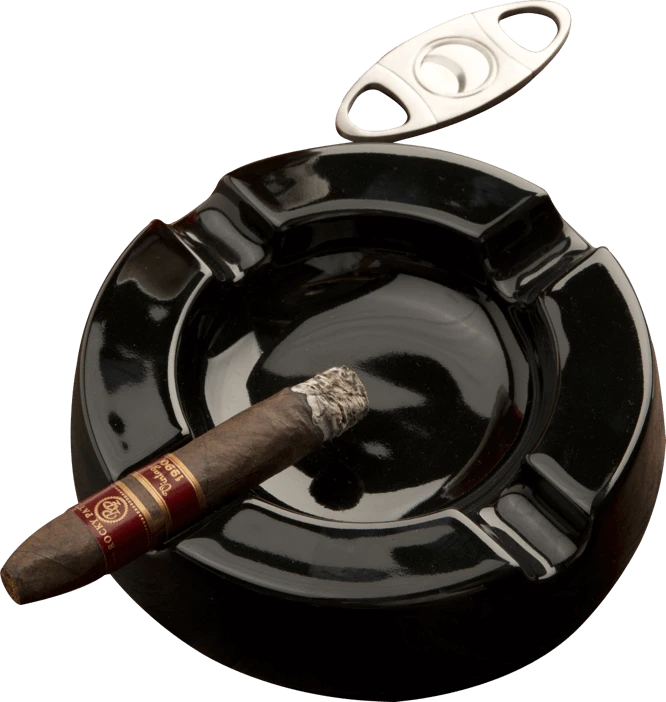In 1968 Cano A. Ozgener started making pipes out of his garage as a hobby. Over time, he started shipping them all over the country with the help of his wife, son, and daughter. A retailer in North Carolina was interested in the pipes since it was a new design and he liked the way that it smoked. Once the retailer started featuring them in his store, people began calling Mr. Ozgener’s house and asking him for more, so he started putting his initials (C.A.O.) on the pipes for people to remember where they came from. During trade shows where Mr. Ozgener was featuring his pipes, he noticed the need for humidors and started making and selling them as well, and soon the humidor business starting outselling his pipe business. During the cigar boom in the early 1990s he was introduced to Carlos Toraño who in turn introduced him to Nestor Plasencia and they created the first CAO blend called "CAO Black". After taking several risks creating unique packaging and using unusual blends, CAO established itself into the highly respected brand we know today.
The CAO Concert Series was launched in 2012 as an homage to its roots in Nashville “Music City”, Tennessee, and everything from the box, bands, and sizes are set to go double platinum. Starting out the show of the CAO Concert Roadie is a bold and zesty blend of a four region long-leaf filler core blend from Honduras and Nicaragua that’s secured with a Connecticut Broadleaf binder. But the real headliner of the show is the rare Ecuador Habano Rosado wrapper that is leathery and glistens with oils. Together, this combination leads to a medium to full bodied smoke with chewy notes of gentle spices, coffee, toast, and nuts. Another smash hit from CAO as it received a well deserved ‘90’ rating from Cigar Aficiado. In the words of one panel member, “Turn up the music and keep the tequila flowing! It’s Concert time for this Roadie!”
Honduras has been a tobacco growing and cigar manufacturing area for hundreds of years, but it was the Communist revolution in Cuba that really put Honduras on the map. In the 1960s, many Cuban cigar makers fled their homeland and arrived in Honduras to re-establish their way of life. The immigrants took advantage of the climate, soil, and geography, which were well-suited to tobacco growing, and began producing high quality cigars. The center of the Honduran cigar industry is the city of Danli and the nearby Jamastran Valley. The majority of the world’s pure Corojo tobacco is grown here, now that Cuba has stopped production of this iconic, spicy, and rich variety in favor of Corojo hybrids. Other important areas of Honduran cigar production include the Talanga Valley, Copan, and Trojes.

Outstanding Values On Top-Rated Cigars
Our purchasing power allows us to offer exceptional reorder values on highly rated
cigars such as
Rocky Patel's Decade Torpedo, rated 95 in Cigar Aficionado.

